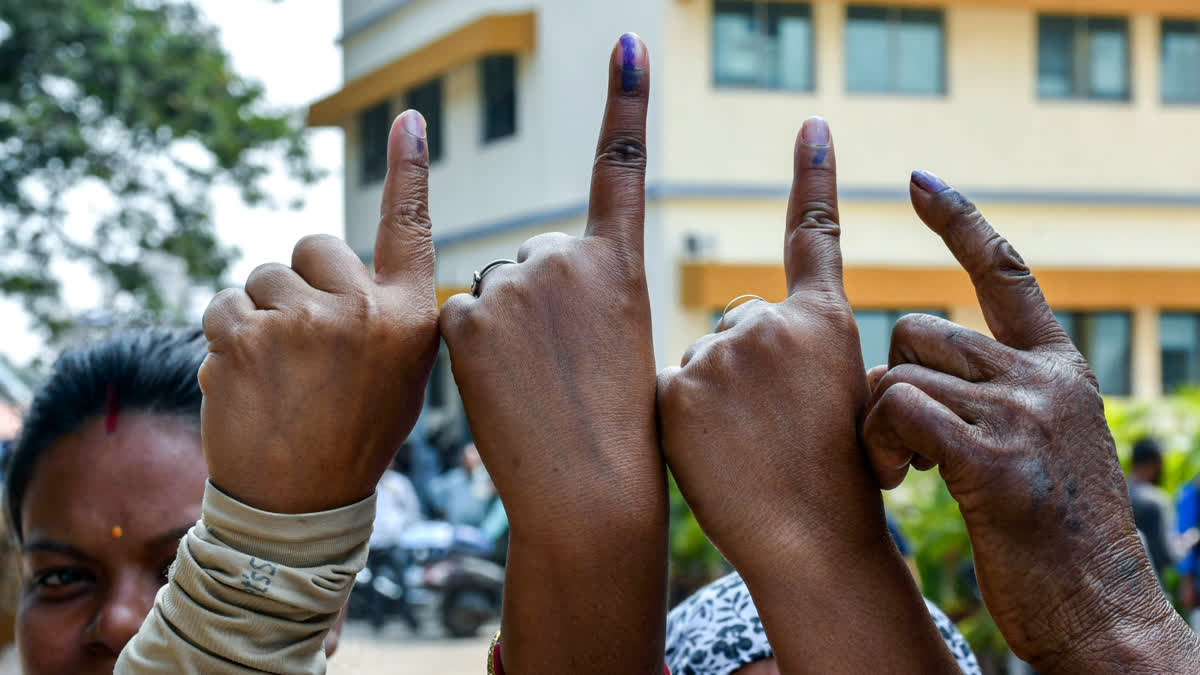New Delhi: The Union Cabinet on Thursday approved the much-debated 'One Nation, One Election' bill, marking a significant step towards the proposal to hold simultaneous elections for the Lok Sabha, state assemblies, and local bodies. The bill is expected to be tabled in the ongoing winter session of the Parliament next week.
Cabinet's Decision and Legislative Process
The Union Cabinet's approval of the bill signals the government's determination to move forward with the reform. The proposed legislation will undergo thorough scrutiny and consultation, with the government seeking a broad political consensus on the matter. The bill will be sent to a Joint Parliamentary Committee (JPC) for a detailed discussion, where MPs and stakeholders will have the opportunity to voice their concerns and suggestions.
Sources said that the government plans to consult not only members of Parliament but also the Speakers of state legislative assemblies, with an aim to ensure a wide-reaching consensus on the proposed changes before they are finalised.
Proposed Amendments and Constitutional Changes
The 'One Nation, One Election' initiative, as outlined in the high-level committee's recommendations, will require a series of constitutional amendments to synchronise elections across the country. The bill proposes to amend several Articles of the Indian Constitution to facilitate simultaneous elections, including:
- Amendment of Article 82A: The bill seeks to amend this Article by adding sub-clauses relating to the appointed date and the termination of the terms of the Lok Sabha and state legislative assemblies simultaneously.
- Amendment of Article 83 (2): New sub-clauses will be introduced to define the duration and dissolution of the Lok Sabha.
- Amendment of Article 327: This will insert provisions for simultaneous elections in the Constitution.
These amendments will not require ratification by at least 50 per cent of the states, except for the proposed alignment of local body elections with the general elections.
Additionally, a separate bill will be introduced to amend three laws related to Union territories with legislative assemblies, including Puducherry, Delhi, and Jammu and Kashmir. The bill aims to align the terms of these legislative assemblies with the Lok Sabha and state assemblies.
The Role of the High-Level Committee
The 'One Nation, One Election' concept has been a subject of discussion for several years, but it gained momentum after the formation of a high-level committee in 2023, headed by former President Ram Nath Kovind. The committee's recommendations provided a phased approach to implement simultaneous elections, beginning with the Lok Sabha and state assemblies. Local body elections would follow within 100 days of the first round.
The high-level committee's report, submitted in March 2024, emphasised that the process would involve 18 key amendments to existing laws, including 15 amendments to the Constitution. This proposal has been met with mixed reactions, with many political parties expressing their concerns.
Political Reactions and Opposition Concerns
The proposal has drawn support from several political parties, including the BJP, BJD, JDU, and Shiv Sena. These parties have argued that simultaneous elections will save resources, reduce political disruptions, and foster economic growth. However, the idea has faced strong opposition from parties like Congress, TMC, and the AIMIM, who have expressed concerns over its impact on federalism and regional parties' autonomy. (Agency inputs)
Read More



